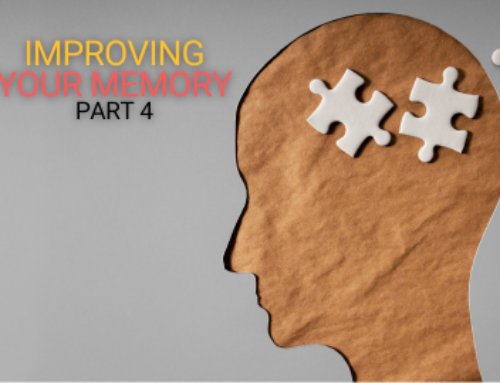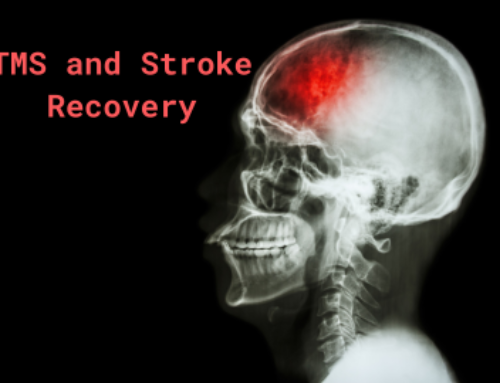How to Help a Partner Who Is Depressed
It is a hard thing to watch someone you love suffer. When the sufferer is your spouse or someone you are in a romantic relationship with, you are both in a unique state of difficulty. You might not know how to help, but the important thing is to try your best depending on what you know about that person.
First, how do you recognize depression in a partner? Depression manifests differently in people. Some common signs are:
− Withdrawal, from you, from others, or in general
− Stronger emotions than normal, particularly negative emotions like sadness and irritation
− Lack of interest in everyday activities, maybe even ones the sufferer typically enjoys
− Fatigue and lethargy
− Sleep disturbances, like oversleeping or insomnia
− Dietary disturbances, like eating too much or too little
− Negative self-talk
Following are some tips on how to help your partner if they are depressed.
Notice the problem and verbalize it. This must be done with care. What not to do is say, “You don’t want to go anywhere and just mope around. What’s the matter with you?” That will only make things worse. Try something like, “You seem troubled and unwell. Is something wrong?” Follow up with telling them that you love them and want to do whatever you can to help. That help may come in the form of listening and keeping their confidence, helping them with responsibilities, and such.
Validate them. Let them know that you love them and are there to support them. Tell them that they are important to you and their welfare is the priority. A big part of helping a partner with depression is simply to be there and be a supportive presence. Don’t skimp on affirmations. Verbalize to them that they are smart, capable, tough, beautiful, and whatever else fits your dynamic.
Do not blame them. It is not someone’s fault if they have depression. It is not a character flaw or a choice. People are still responsible for their choices and behavior, but criticizing them for crying, not wanting to go out, being tired, or showing other signs of depression, is not the right thing to do. That is the last thing they need.
Respect their agency. Never try to force them to get help unless absolutely necessary. Be sensitive to their feelings as it is the right thing to do and nagging them will likely push them away and make them less likely to get help. At the same time, if someone is in danger and/or is exhibiting suicidal/self-harming ideation, you may have to make the difficult choice to call in the professionals. This is a fine line to walk. Some people with suicidal or self-harming ideation want their loved ones to do this, other sufferers may see this as a threat and withdraw. Use your best judgment and love for your person to guide you. If you are in crisis, call 911 or try SAMHSA’s helpline.
Support their efforts to get help. This can mean going with them to appointments and helping them find community resources. Encourage consistency. At the same time, don’t forget to care for yourself. Neglecting yourself will not help the situation.
To ask questions or make an appointment, write to us on our website or call (585) 442-6960





